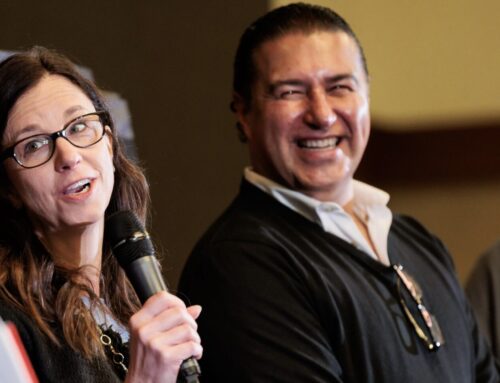WHY YOUR ORGANISATION’S TRANSFORMATION EFFORT IS FAILING
The last couple of weeks have been even more full of travel and meetings than my standard schedule. All of these interactions with business leaders, from a variety of industries, led me to generate powerful insights. Where most people hate airports, I find that airport-time creates the white space to reflect. In doing so, 3 key themes kept re-appearing. 3 simple yet profound interrelated truths that make the difference between successful and unsuccessful transformation initiatives.
When fully recognised and used to raise performance by the leaders of multinationals, working with these 3 truths leads to amazing results.
And those who don’t realise their significance? I can say with confidence that their results, performance, and happiness suffer.
#1 THE LEADER CASTS THE LONGEST SHADOW
A leader’s impact is HUGE!!! The success – or failure – of any initiative, particularly transformative initiatives, is down to the leaders.
A leader has the perceived and real authority to implement, encourage, and give full permission to their teams to transform their ways of working. They are visible at a spectrum that goes beyond role-modelling to role-setting. If a leader does not show their support, commitment and enthusiasm for an initiative, their teams will consciously de-prioritise that transformation, however big or small. Therefore, the desired transformation in ways of working will never get the collective support it needs to succeed and ‘business-as-usual’ prevails.
Read more about the Distinctions of a Breakthrough Leader
#2 TIME IS OUR MOST VALUABLE RESOURCE
Once a day, an hour, or a minute has passed, we can never get it back. As businesses, in our teams, and as individuals, we waste enormous amounts of time. We waste time worrying about the past, the future, and working on and delivering inputs that are not directly correlated to priorities and specific outcomes – ‘busy-being-busy’ work. This weak relationship with time directly lowers performance and results. Being in a constant whirlwind of back-to-back meetings and “hurry-up” also makes people miserable!
At Breakthrough, we believe that small, daily activities and interactions, like meetings, are an indicator, a microcosm, for the wider business. The ineffective way that millions of meetings are run around the world drains billions in lost potential. Lengthy, ‘death-by-PowerPoint’, agenda-driven rather that outcome-focused, late to start and finish, no decisions made… we can all identify with this microcosm which bleeds into the cultural macrocosm.
As leaders, we need to build discipline and standards that give people a more powerful relationship with time. Acknowledge that time is our most valuable resource. Role-set new ways of working and behaviours to free up mountains of untapped potential in terms of mental, physical, and creative resources, pace, and output.
Find out about Breakthrough’s Power Time Principles
#3 SET STANDARDS AND EXPECTATIONS
This brings me to the third key theme that manifests itself across every area of your business – setting high standards and effectively communicating expectations.
It’s easy to make assumptions that your teams have the same standards as you and that they are clear on your expectations. This is not always the case and can cause mismatches in quality, as well as frustrations when work doesn’t live up to your expectations and needs, usually resulting in time and resource-intensive re-works.
I see leaders lowering their standards to meet the standards of the culture, rather than raising the standards within that culture. One of our mantras is, “You get what you tolerate”. This doesn’t mean leading aggressively – it means clearly expressing the standard you want to be met, and when it isn’t met, communicate and take action. Act to show that you won’t tolerate a sub-par standard again, rather than lowering the bar.





